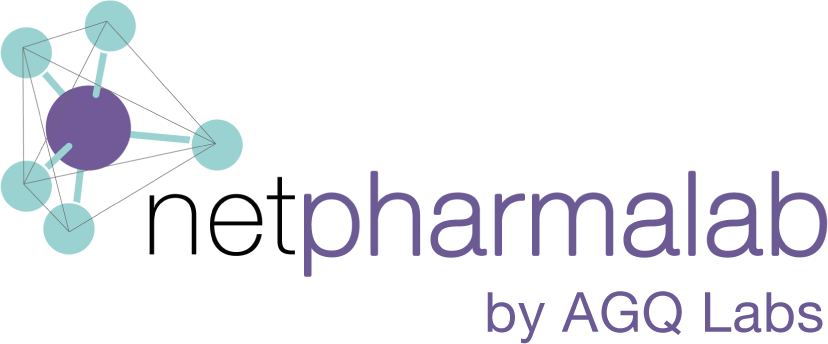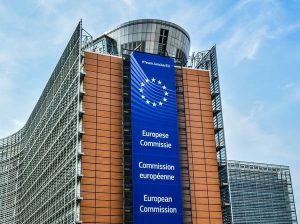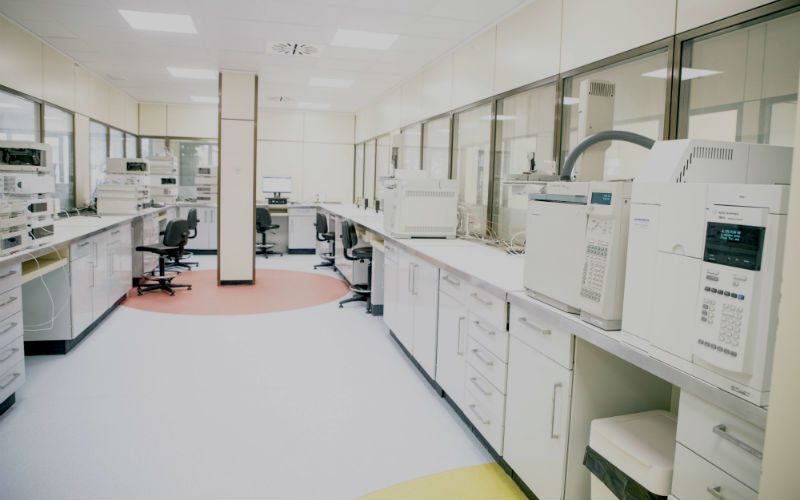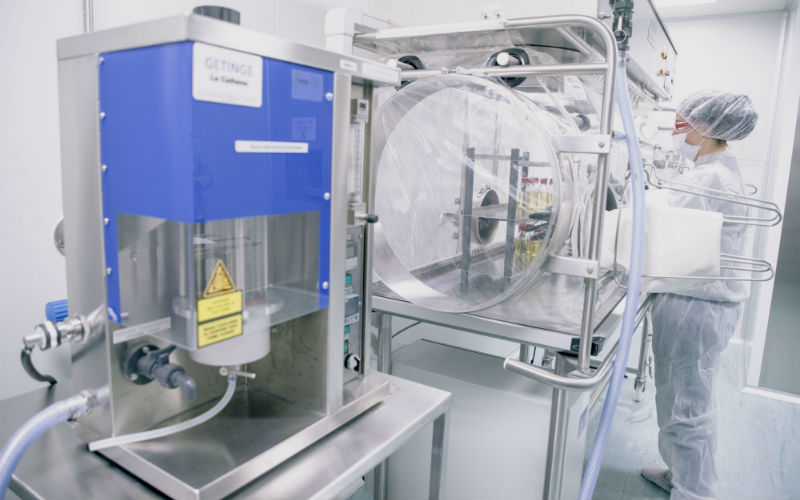The aim is to promote innovation in the pharmaceutical industry and guarantee supply, accessibility and affordability of medicines
On April 10, the plenary session of the European Parliament approved the renewal of pharmaceutical legislation, based on a proposal from the European Union. In this way, the aim is to promote innovation in the pharmaceutical industry and guarantee the supply, accessibility and affordability of medicines.
The new regulatory text completes that included in the proposal for a new Directive and Regulation that replaces the general pharmaceutical legislation in force in the EU. However, it was as of March 20, 2024 when the Environment, Public Health and Food Safety Commission (ENVI) gave its approval.
Facilitate innovation and supply
A minimum regulatory data protection period of seven and a half years is implemented, in addition to two years of market protection, from which marketing is authorized. Thus, pharmaceutical companies could opt for additional periods of data protection, as long as the drug responds to an unmet medical need.
Likewise, an extension of 12 more months of the market protection period could be considered if the company obtained a marketing authorization for an additional therapeutic indication.
To promote research and development, the entry into the market of payment systems by objectives is encouraged, complemented by a subscription model through voluntary joint acquisition agreements. Parliament advocates an exclusivity bonus for transferable data, providing for a maximum of 12 additional months of data protection.
Everything involves strengthening the European pharmaceutical ecosystem, implementing an attractive regulatory data protection regime, combining the exclusivity bonus with a push and pull mechanism.
Medication accessibility
The new legislation aims to promote measures that favor an environment of innovation and production, and that allow Europe to recover lost ground and its role as a world leader in biomedical innovation. In this way, the availability and accessibility of medicines for all citizens would be guaranteed.
Other proposals
The impact of the new European legislation is notable, as it seeks to streamline procedures, protect the environment and promote digitalization. All of this includes a recommendation to address the weakening of the patent protection system. The risk is that investment in new medicines will stop or that pharmaceutical industry companies will stop carrying out their clinical trials, which would result in a lack of opportunities for certain patients.
Direct consequences for the pharmaceutical industry
Although improvements are contemplated in the regulatory framework and research is promoted, there are measures that weaken the incentive system, such as the reduction from eight to six years of regulatory data protection (PDR). This reduces Europe’s competitiveness compared to other regions in the development of new medicines.
Another problem is that innovation is penalized if the medicine is not available in all EU markets during the first two years after its marketing is authorized. It is therefore essential that all stakeholders jointly identify and address the source of access barriers with effective measures at national level, without the need for European legislative intervention. All of this erodes incentives to attract investment and innovation to Europe.
While it is true, the Spanish and European pharmaceutical industry benefits. The ‘Made in Europe’ concept becomes a priority within the European Pharmaceutical Strategy. In addition, the clinical research of health professionals is protected, with full transparency in the management of public funds and without neglecting, in addition, the concept of sustainability.






